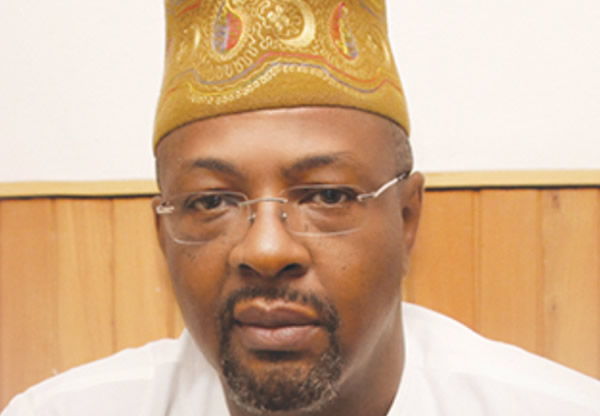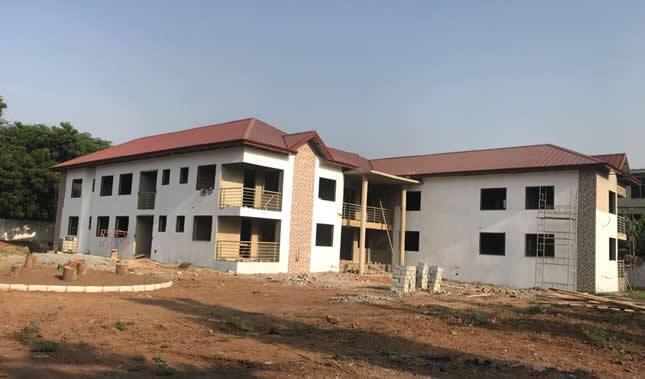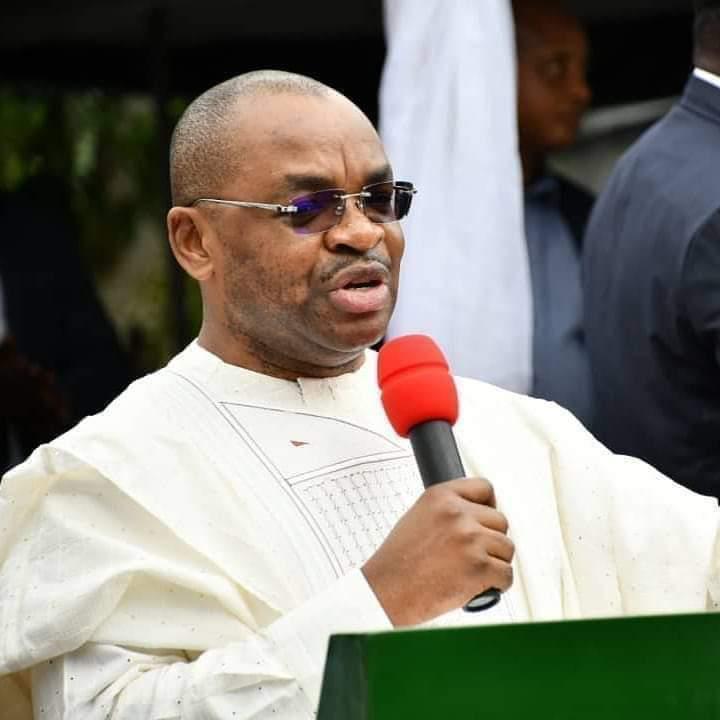BY FIDELIS NWANGWU
The urgency of a world under pressure to kick-start the wheels of economies in the face of huge erosions of national wealth and declining incomes, has laid down the imperative for governments and businesses to swiftly reinvent themselves, and create sturdy fortifications against the looming global economic recession about to make a big crash in. Or whose first wave has already upended livelihoods and ways of life.
This impresses on many the renewed necessity of creating structures that are nimble enough to enable the unleashing of managerial capabilities and the spirit of entrepreneurship towards newer ends. Still, while carefully defining the protocols of safety for activity in this peculiar time, countries are reaching for their lowest hanging economic fruits to tide them through this difficult period. For Nigeria, this appears as tourism.
Importantly, this is a sector that has given considerable thought to the guidelines for safety and recovery in the sector, as the country’s tourism head honcho, Folorunsho Coker, affirms in the present need “to consider and deploy innovative recovery solutions that are home grown and practical, tailor made for our specific environment and people. They are in three…policy thrusts: Healing for the people, healing for prosperity and healing for destinations — (to preserve) health, employment and the environment.”
Advertisement
Creating Value Within the ‘New Normal’
With the aggressive search for vaccines, drugs and other therapies for containment of the coronavirus infection and disease, which has held the world in a dark grip in the past few months, and with the hope for a breakthrough in the near future, this is the time to start perfecting the different strategies for economic survival in a post-COVID world.
It is a world in which the “new normal” requires thinking without any boxes in place (not even outside the box), particularly with the onset of a global economic recession, and its ripple effects in the massive disruptions to the income and survival of nations.
Advertisement
This is more critical in an environment like Nigeria, with the bottoming out of Oil, forcing us to take our routinely declared – but hardly sustained – efforts towards the diversification of the national economy more seriously, alongside a move away from big government and its unwieldy finances.
The latter has necessitated the more recent re-consideration of the report of the Presidential Committee on Restructuring and Rationalisation of Federal Government Parastatals, Commissions and Agencies, otherwise known as the Stephen Oronsaye Committee report, in view of finally implementing a number of its significant recommendations.
The report, which was released in 2013, offers an outline for major structural changes in government through the merging, elimination or reversion of a number of government ministries, department and agencies to their earlier statuses.
Of the then identified 541parastatals, commissions and agencies (statutory and non-statutory), the Oronsaye report suggests that the 263 statutory agencies of government should be streamlined to 161, while 52 agencies are merged, 38 reduced and 14 reverted to being departments in ministries.
Advertisement
Still, within the Buhari administration’s determination to expand the productive base of the Nigerian economy to support a reality that has been severely impacted by COVID-19 and which is defined by an acute revenue crisis preventing the government from fulfilling its obligations to the people, one of the lowest hanging fruits for economic revival is definitely the tourism sector.
With over 7000 tourist centres and sites across the country, among which are 5 UNESCO heritage cities, this is a sector identified in the Federal Government’s Economic Recovery and Growth Plan (ERGP) as one of the ten priority areas of the economy, and which is also an important business sector. Even though it has only accounted for a slice of the national GDP, far lower than its vast potentials, tourism’s capabilities cut across a number of sectors, which if properly harnessed would become the new oil.
More than oil as a commodity that was source of over 80 per cent of national revenue, and more than 95 per cent of the foreign exchange earnings for decades, tourism has the ability to match and surpass the volumes of these inflows and create a steady pool of foreign exchange income for Nigeria.
Here was a sector, which before the onslaught of coronavirus was a huge avenue of growth, constituting almost 10 per cent of the global GDP, at $8 trillion, in 2016. It accounted for almost 6 per cent of the world’s total exports, valued at $1.1 trillion; almost 5 per cent of the world’s investments, at $652 billion, and about 9 per cent of the world’s jobs.
Advertisement
In figures put out by the National Bureau of Statistics (NBS) in recent years tourism contributed about 35 per cent of new GDP in Nigeria, alongside sizeable tax receipts, while being the source of some 20 per cent of newer jobs, both formally and informally.
As the world’s economies are gradually opening up, within the framework of highly stringent safety protocols, as proposed by Nigerian government’s healthcare institutions and international agencies, such as the United Nations Word Tourism Organisation (UNWTO), the ‘new normal’ is about responsible practices that preserve human safety.
Advertisement
The Need For a More Nimble Structure
For tourism to be able to drive and fulfill a renewed national mandate, which locates it squarely within the entrepreneurial frame and commercial purpose, it needs to be driven by nimble and highly professional structures, not bogged down by the red tape of bureaucracy or sterile officialdom. These are structures that have to be more open in outlook, action-oriented and flexible enough for quick decision-making.
Advertisement
The main vehicle for achieving the mission of tourism in Nigeria has been the National Tourism Development Corporation (NTDC), which the Oronsaye Report – about to be implemented in October – seeks to repurpose with a strong commercial function, making it no longer a recipient of government funding.
For NTDC to achieve a nimble structure, it is better refigured as an agency under the direct supervision of the president, and not just another of over twenty agencies under the Ministry of Information and Culture. In countries in which tourism has had fundamental impacts as significant drivers of the national economy – from Singapore to Tanzania, Kenya and South Africa, etc. – nimble structures were created in the form of tourism boards and stand-alone agencies or departments under the direct supervision of the presidents.
Advertisement
As such, there appears the need for a Presidential Executive Order to make NTDC a stand-alone agency under the Presidency, with the direct supervision of the President. This will certainly build and enhance the confidence of the many private sector actors inclined to invest in tourism, as indication that their investments would not be bogged down by the unwieldiness of bureaucracy, while decisions relating to the sector would be expected to be quick and effective. As instance, in achieving defined purposes, the president can swiftly give orders across the gamut of the public service, to those in Immigration, Customs and the embassies, which a minister cannot do, as his or her decisions would first require potentially time-wasting inter-agency consensus attainment, before then seeking presidential approval.
The Case for the Business Manager
One of the greatest ills that have plagued the public enterprise of governance in Nigeria has been the lack of a culture that aligns public institutions and government with the entrepreneurial spirit of business managers, who have to create and run efficient systems that deliver effectively on public dividends. Hence, public service is mostly considered and approached through an entitlement and booty-sharing mentality, which sees it as due allocation or a reward for political fealty.
There is the need at this point for the country to be run by those with the mindset of business managers, who have the track-record to create value/wealth and who ultimately realise that their jobs are bound to the degree of value they deliver. And how this enhances the lives and experiences of the people – whether in terms of healthcare, education, transportation or the business of entertainment and hospitality. As a revision of the popular Nigerian parlance: The future would be for those who can bake the national cake, as against those who add no value but have traditionally held out for shares or crumbs of the said national cake. The bottoming out of oil has actually sounded the death knell on the notion of a national cake, as there is no longer anything available to share.
Nigerian tourism is certainly lucky to have Folorunsho Coker in the driver’s seat, as evident from his career pedigree – both as a private entrepreneur and former public official in Lagos State – and the skills he has garnered as a sector manager. These could only be brought into greater effectiveness with a more nimble NTDC structure, better enabling sector laws, and a business environment encouraging of public and private investments.
Coker’s managerial capabilities as remained enabled by the well-lauded efforts of the government in improving the ease of doing business in the country, which has seen to greater visa access to visitors, the rehabilitation of airports, and improvements in national security. This is largely testified to by the major rollback of the Boko Haram insurgency in the North-East, and the enhancements to the provision of electricity across the country, etc. Things could only get better at NTDC.
Operating With the New Protocols of Safety
It’s certainly a ‘new normal’ and whoever drives the process in this day and time has to be one with the intellectual ability for swift adaption to the newer terms of engagement. This is essentially about working with the consciousness of emergency-preparedness, whether in relation to natural emergencies or those activated by disease, as we are presently seeing. And, one who understands the safety standards of the new reality as defined by local and international protocols.
For a renewed NTDC to succeed, it takes the adaptive outlook of a Folorunsho Coker, who sees that, “Tourism in the age of the pandemic is about taking on the serious business of disaster preparedness, of which ground work has been done (by) the Federal Government.” More so, as a strong believer in the cause that he leads, he has abiding faith that “With the strengthening of institutions to deal with emergencies like pandemics, and the altering of the narrative around a debilitating state of national affairs, there can be no death to tourism in the foreseeable future.”





